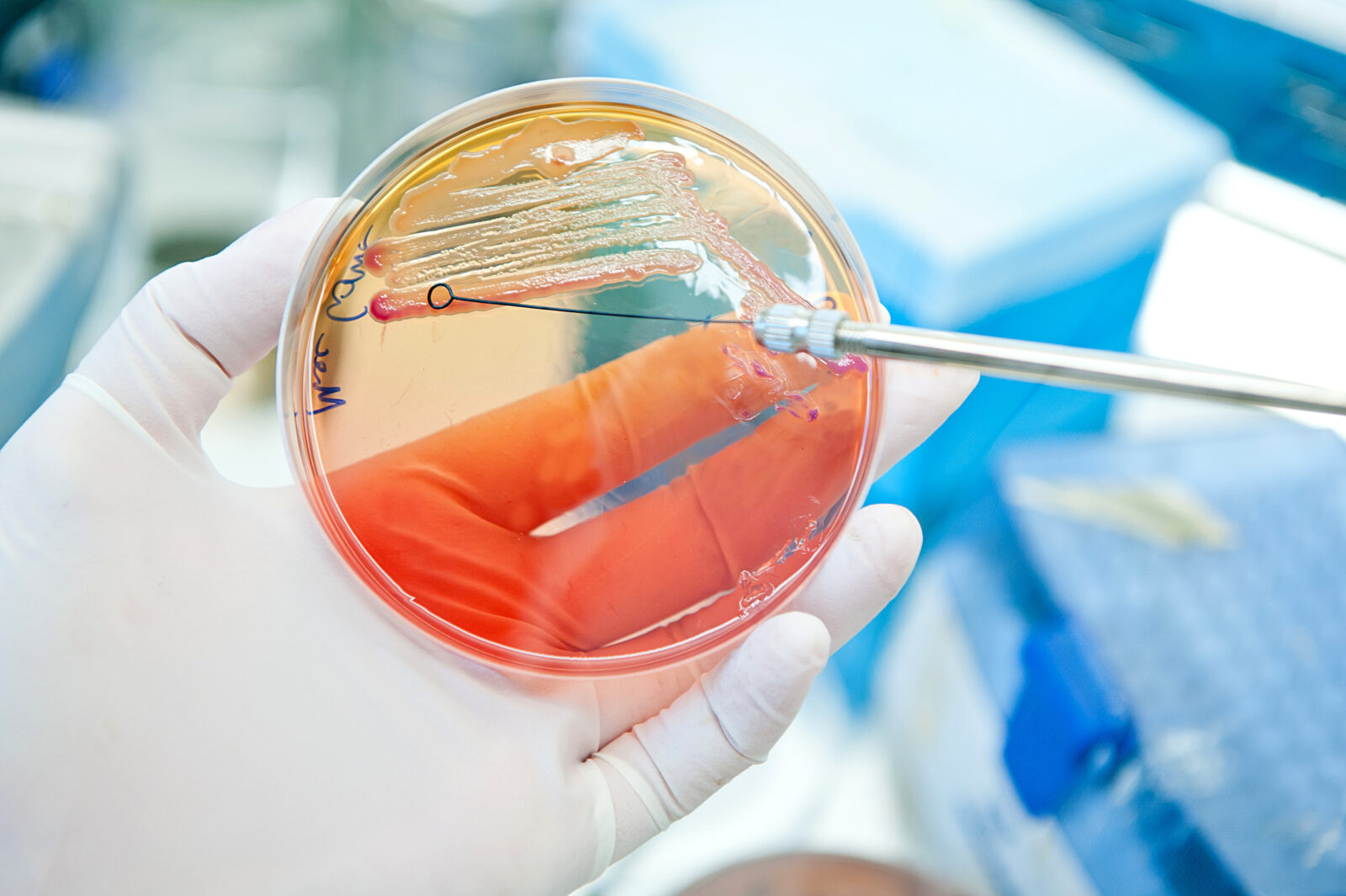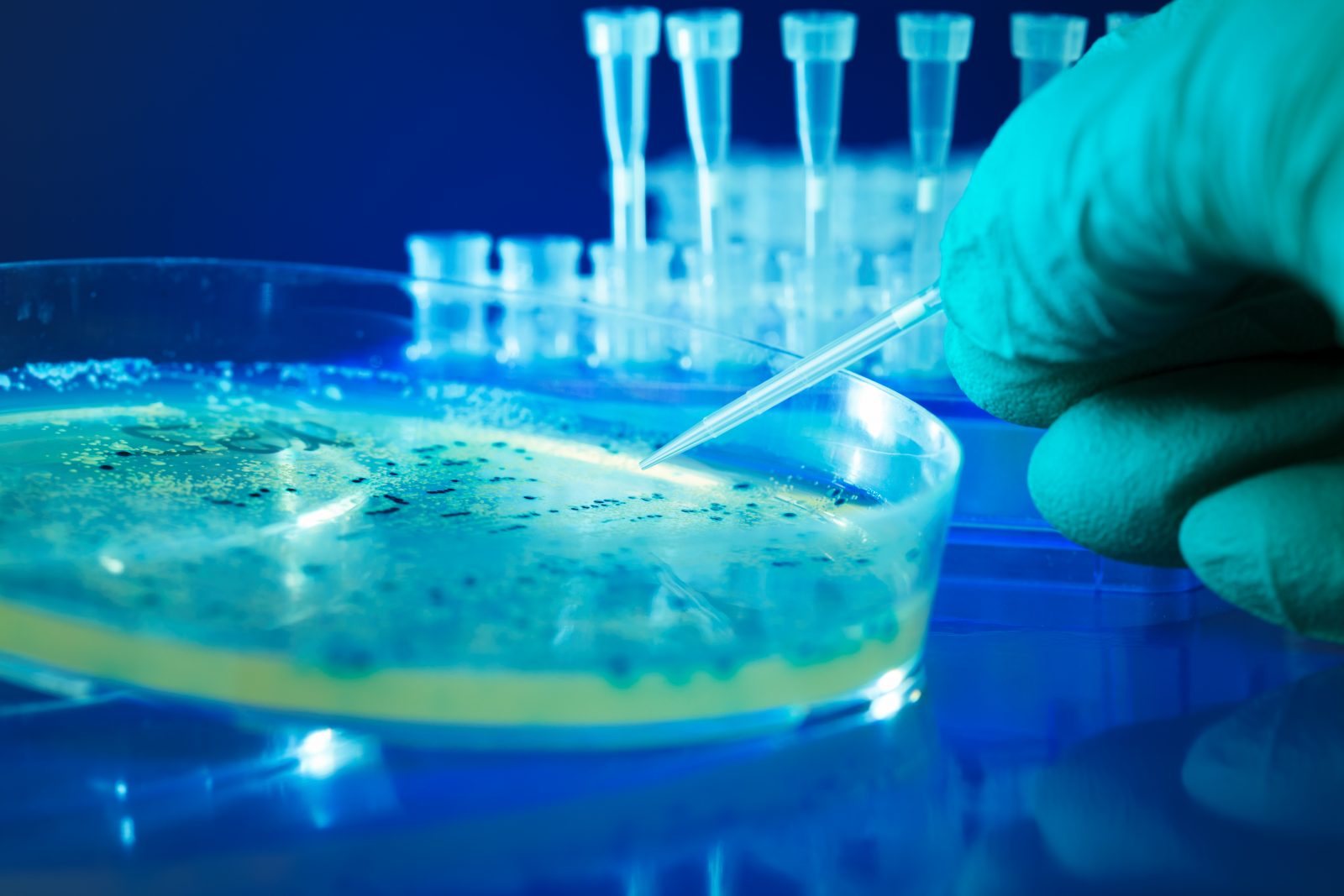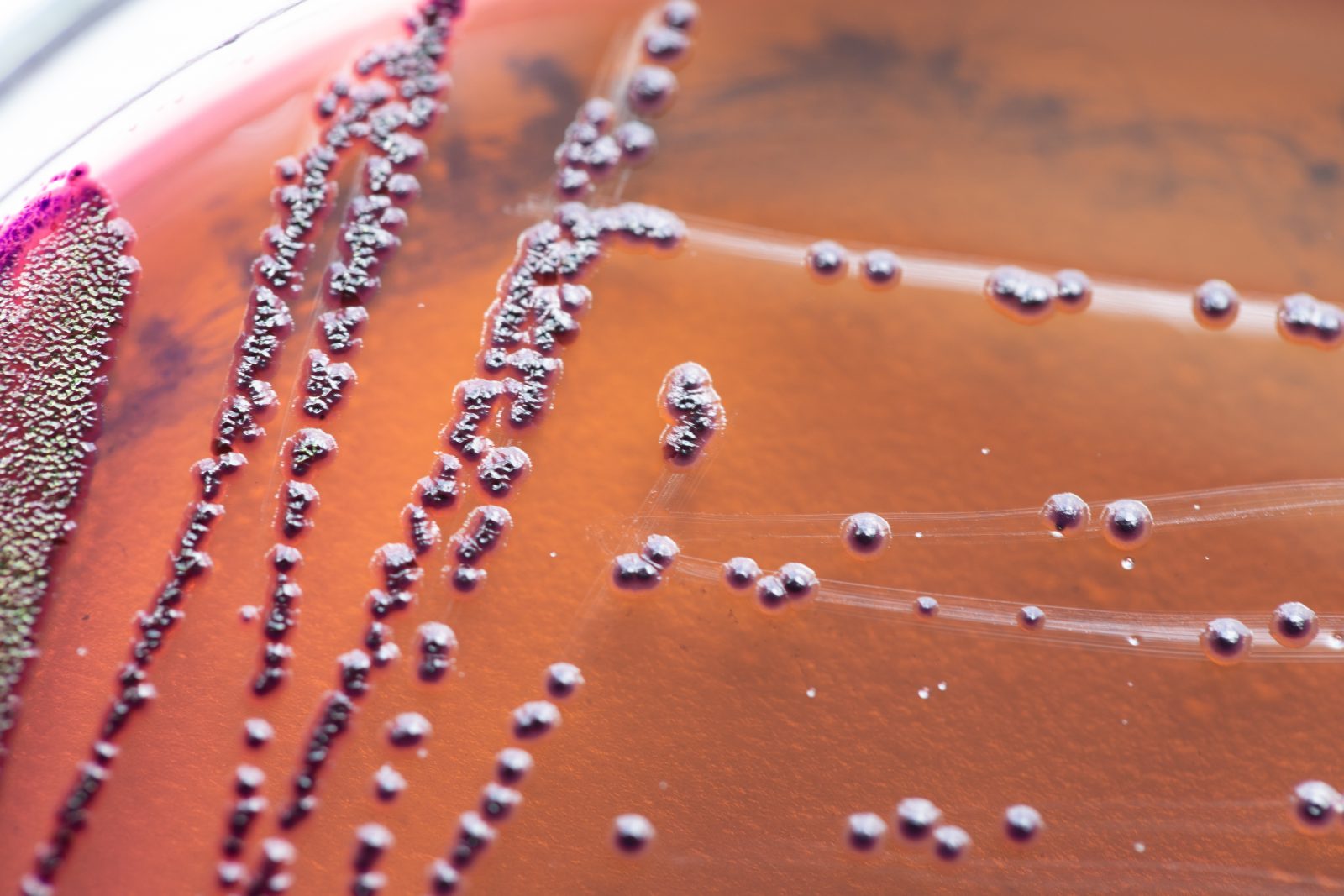


Casey Luskin Returns, Teases a New Book, Celebrates ID 3.0
On today’s ID the Future, Rob Crowther continues his conversation with Casey Luskin, the intelligent design proponent who previously worked for Discovery Institute’s Center for Science and Culture and has now returned. As Luskin explains, he left to pursue a PhD in geology at the University of Johannesburg in South Africa. The two discuss the wild conspiracy theories circulated by opponents of intelligent design when Luskin stepped away from Discovery Institute five years ago. Luskin also tells about an upcoming book he’s been working on with William Dembski, another intelligent design proponent who stepped away from day-to-day ID work and is now putting a foot back in the ID waters. Also on tap in today’s conversation, Luskin and Dembski’s upcoming appearance at the 2021 Dallas Conference on Science and Faith, and advances in the ID 3.0 research initiative, including some recent peer-reviewed papers.

A Mousetrap for Darwin, and Another for Richard Lenski
Today’s ID the Future extends the discussion of A Mousetrap for Darwin: Michael Behe Answers His Critics, the newest book from Discovery Institute Press. Here the focus is on Parts 4 and 7 of the new book, and in particular Richard Lenski’s Long Term Evolution Experiment at Michigan State. What has this long-running project demonstrated? As Behe explains in the book (and elaborates on in today’s podcast), “The study has addressed some narrow points of peculiar interest to evolutionary population geneticists, but for proponents of intelligent design the bottom line is that the great majority of even beneficial mutations have turned out to be due to the breaking, degrading, or minor tweaking of pre-existing genes or regulatory regions. There have been no mutations or series of mutations identified that appear to be on their way to constructing elegant new molecular machinery of the kind that fills every cell.” Listen in as Behe fills in the details with host Eric Anderson. And to dive still deeper, pick up A Mousetrap for Darwin here.

Michael Behe on E. Coli and a Citrate Death Spiral
On this episode of ID the Future, biochemist Michael Behe reviews the Long Term Evolution Experiment at Michigan State, where Richard Lenski’s team was initially excited to see what they thought was a new species forming in their flasks of E. coli. As Behe has written at Evolution News, one flask of E. coli in Lenski’s experiment evolved the ability to metabolize (“eat”) citrate in the presence of oxygen. But along with it came multiple mutations breaking genes, degrading genetic information, and ultimately increasing the bacteria’s death rates. It all goes to support Behe’s thesis in Darwin Devolves: evolution is good at creating niche advantages by breaking things; it isn’t good at building fundamentally novel form, the very thing the grand narrative of modern evolutionary theory purports to do.